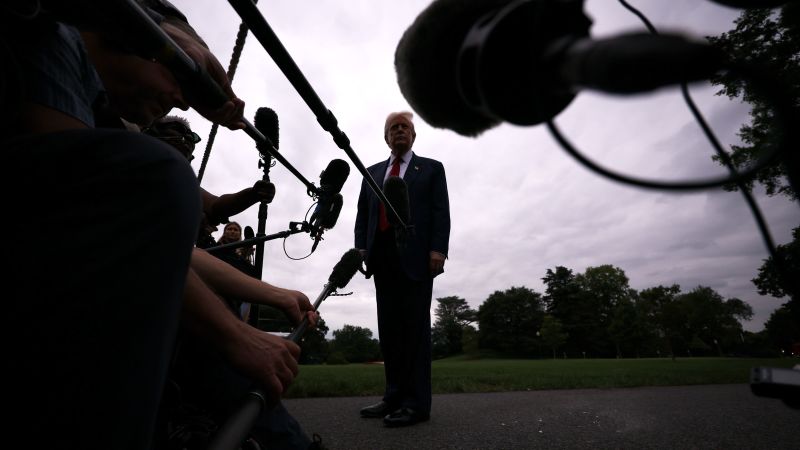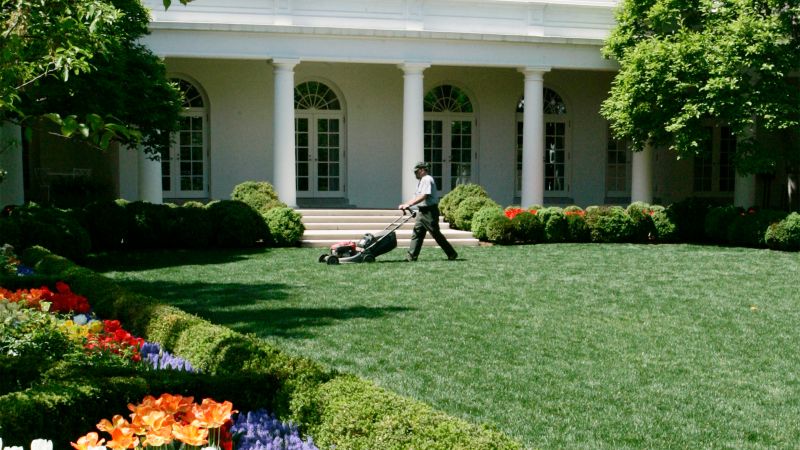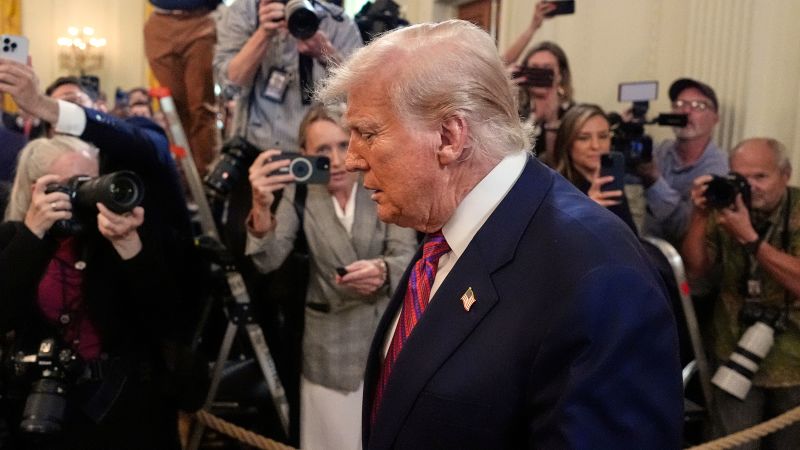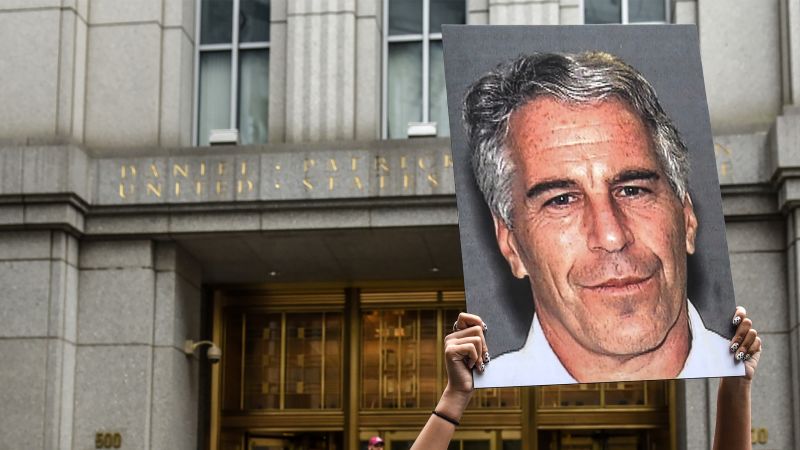
Presidential Exemption from Conflict-of-Interest Laws: Implications and Debate
Politics | 8/31/2025
President Donald Trump benefits from a unique exemption to conflict-of-interest laws that bind all executive branch officials, except for the President and Vice President JD Vance. While every official in the executive branch faces legal consequences for financial conflicts of interest, this exemption affords Trump and Vance a distinctive position. The exemption in question raises questions about the extent of presidential immunity from such laws compared to other officials.
Legal experts emphasize that the exemption granted to Trump and Vance underlines a significant distinction in how conflict-of-interest regulations apply within the executive branch. This exemption stands out against the backdrop of stringent financial ethics requirements placed on other officials. The implications of this exemption have sparked debate among legal scholars and government ethics watchdogs regarding the potential risks and accountability implications involved.
A White House official, speaking on condition of anonymity, addressed the rationale behind this exemption, stating, “The President’s unique role and responsibilities necessitate certain flexibilities that may not be feasible for other officials in the executive branch.” This perspective underscores the complexity of balancing the President’s duties with the need to uphold ethical standards in government.
Critics argue that the ‘presidential exemption’ raises concerns about transparency, accountability, and the potential for conflicts of interest within the highest echelons of government. The absence of a legal obligation for Trump and Vance to adhere to the same conflict-of-interest standards as their colleagues has drawn scrutiny from various quarters. This exemption highlights the intricate web of regulations and exceptions that govern ethical conduct in public office, fueling ongoing discussions about the boundaries of presidential immunity in financial matters.
As the debate continues, the contrasting treatment of Trump and Vance under conflict-of-interest laws underscores the complexities inherent in balancing the unique demands of the presidency with the principles of government ethics. The implications of this exemption extend beyond individual officials, raising broader questions about the scope of executive privilege and accountability within the highest levels of government.


